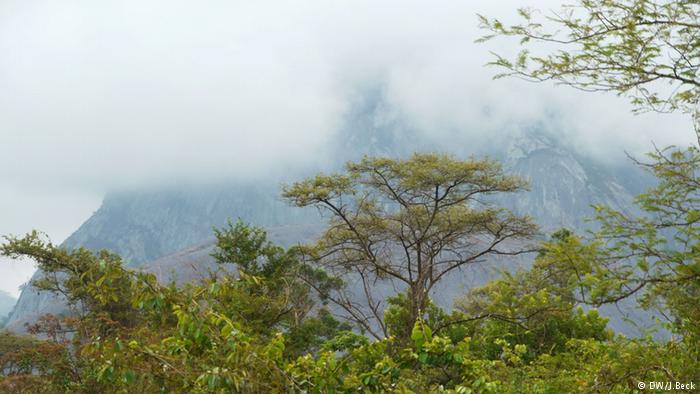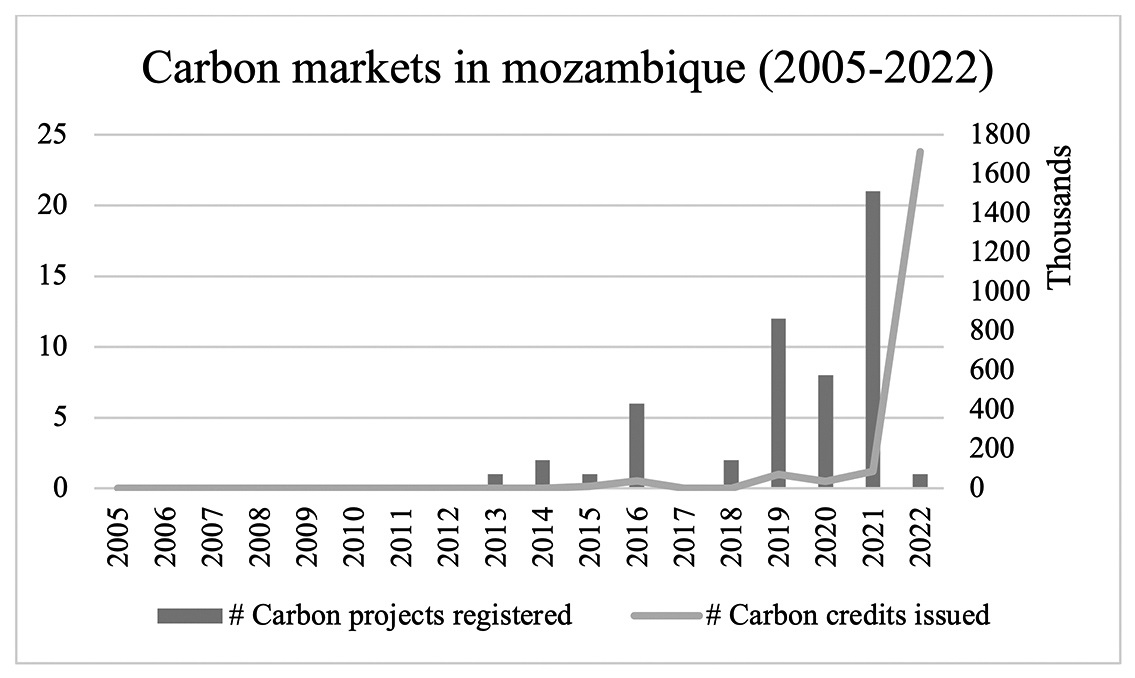Mozambique: 400 animals introduced into Banhine National Park
Data shows carbon markets on the rise in Mozambique – Further Africa

FILE - For illustration purposes only. [File photo: DW]
According to a recent analysis, carbon credit issuance in Mozambique rose by an unprecedented 1894% reaching 1.7 million issued credits in 2022, up from 86,000 credits the year before.
Carbon credits can be earned by climate-friendly projects and initiatives that successfully reduce greenhouse gas emissions (e.g. by using renewable energy) or capture greenhouse gas emissions from the atmosphere (e.g. by planting trees or installing carbon capture and storage – CCS). Once issued, carbon credits can be monetized by selling the credits to companies and organizations that seek to offset their carbon footprints and achieve net zero emissions.
The bulk of the carbon credits that were issued in Mozambique in 2022 came from fuel switch, water purification, and efficient cook stove projects.
The recent increase is remarkable as historically Mozambique, like most other countries in Africa, has benefited little from carbon market mechanisms. In the 15-year period from 2005-2019, the country only registered 24 projects with 121,836 credits being issued.
Things are quite different now. Since the start of 2020, thirty new carbon projects were registered and more than 1.8 million credits were issued. Another thirty-three carbon projects started the process to get registered.
READ: Mozambique receives funds for reducing carbon emissions – AIM report
Mozambique: REDD+ project to protect Inhambane forests
The Africa Carbon Markets Initiative (ACME), a collaboration between the Global Energy Alliance for People and Planet (GEAPP), Sustainable Energy for All (SE4All), and the United Nations Economic Commission for Africa (UNECA) has estimated that Mozambique could generate between 10-25 million carbon credits per year by 2030, with an annual value of USD 200-500 million.
As carbon projects gain interest and momentum in Mozambique, there will be a need to properly regulate this emerging asset class to ensure the country can fully reap its benefits.
By Adriaan Tas and Samuel Buvane














Leave a Reply
Be the First to Comment!
You must be logged in to post a comment.
You must be logged in to post a comment.